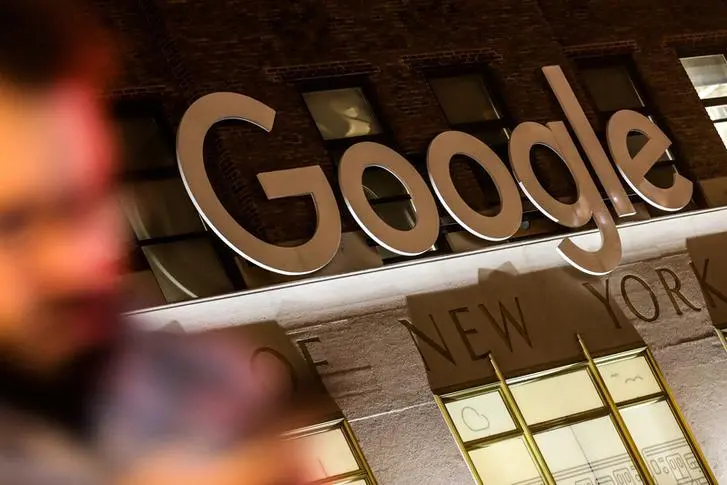PHOTO
LUXEMBOURG- Google and other search engines can limit the "right to be forgotten" to the European Union, an adviser to the bloc's top court said on Thursday, in a case that has important implications for the territorial scope of EU law.
Under European Union law, individuals can request that a search engine remove certain links from its search results. If the request is approved, the individual's name will no longer result in that content appearing in search results.
Approval is based on a balance between a person's right to privacy and the public's right to know.
U.S. Google had appealed a 100,000 euro ($115,000) fine imposed by the French data protection authority CNIL in March 2016 for failing to delist information across national borders. The case was ultimately referred to the European Court of Justice.
Judges of the European Court of Justice typically follow the advice of the advocate general, although they are not bound to do so. They usually rule within two to four months.
In Thursday's opinion, Advocate General Maciej Szpunar said search requests made from outside the EU should not be affected by the so-called "de-referencing" of information at the request of individuals.
"The fundamental right to be forgotten must be balanced against other fundamental rights, such as the right to data protection and the right to privacy, as well as the legitimate public interest in accessing the information sought," Szpunar said.
He said, however, that once the right to be forgotten had been established within the EU, a search engine operator should do all it could to remove entries, including using geo-blocking in the event that the IP address of a device connected to the internet is deemed to be within the EU.
In a second dispute between a group of individuals and CNIL, Szpunar said that prohibitions on processing certain types of data should also apply to the operators of search engines.
They should accede, as a matter of course, to de-referencing requests, said Szpunar. Where issues of freedom of expression come into conflict with respect for privacy, the search engine should also weigh the public interest in its decision, he said.
Google did not have any immediate comment while CNIL declined to comment. ($1 = 0.8675 euros)
(Reporting by Philip Blenkinsop and Douglas Busvine, additional reporting by Gwenaelle Barzic in Paris; editing by Elaine Hardcastle) ((philip.blenkinsop@thomsonreuters.com; +32 2 287 6838; Reuters Messaging: philip.blenkinsop.thomsonreuters.com@reuters.net))





















